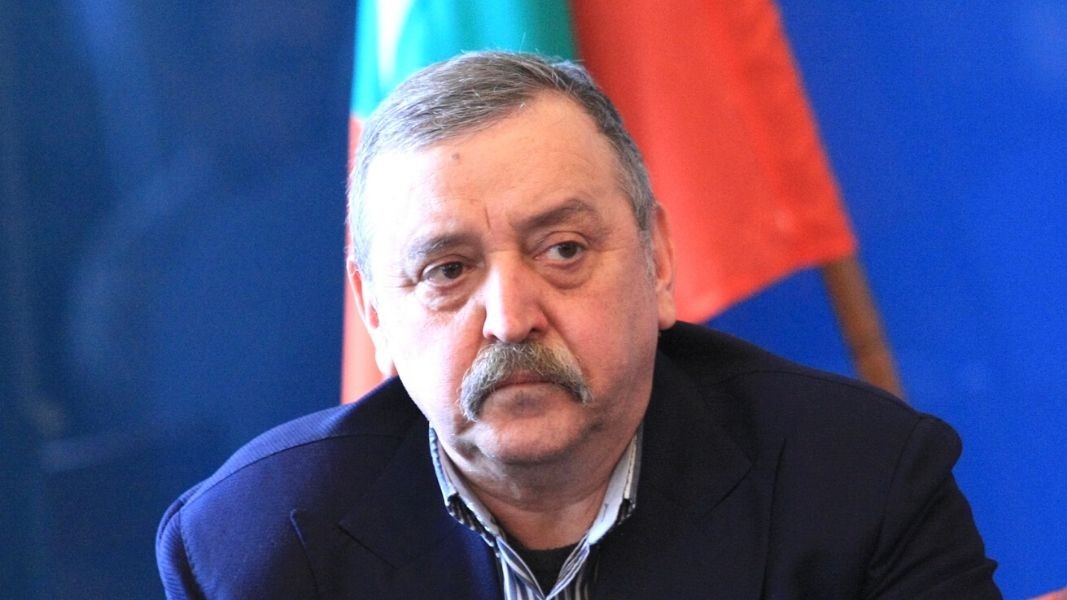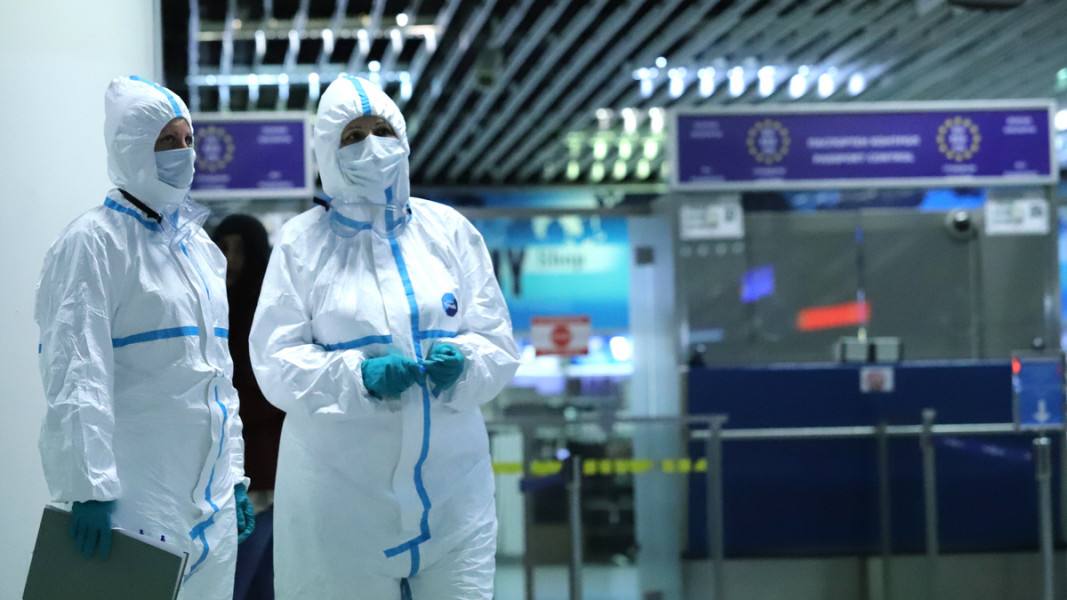Bulgaria is in a grip of a large-scale flu wave. The Ministry of Health has confirmed that in one-third of the country there is increased incidence of influenza and the epidemic has halted the educational process in nearly 2,800 schools. There have been two victims of the flu since the epidemic began. Men aged 51 and 41 died in hospital after complications.
Worldwide coronavirus panic is also a reason for the peak in flu statistics in Bulgaria.
"People are afraid and seek medical attention for the smallest symptoms," the director of the National Center for Infectious and Parasitic Diseases /NCIPD/ Professor Todor Kantardzhiev said in a special interview with Radio Bulgaria.

"We are currently having a high epidemiological prevalence. In the last week of January, we reported a sharp increase in influenza cases in the country. Children aged 4 to 14 are the most affected. We expect an increase in flu cases in the coming weeks, as the wave will cover larger age groups as well."
Whereas in early January there were frequent cases of the H1N1 strain, the so-called swine flu, now twice as many doctors are proving the presence of H3N2 - the flu from the Kansas genetic group.
"Media noise about the coronavirus has filled the hospital corridors with people," says Prof. Kantardzhiev.
“Many Bulgarians, although they have not been abroad and have not been in contact with people who have been to China or abroad, are scared and for the mildest symptoms of the respiratory system like runny nose and sore throat, they go to see a doctor. Therefore, the number of people who seek medical help is very high. "
The NCIPD closely monitors the spread of the coronavirus, contacts the EU Disease Control Center in Stockholm daily and reads decisions of the World Health Organisation and the US Disease Control Center, which, according to Dr. Kantardzhiev, are the best specialists in this field.
"We have also ordered primers on genetic testing of the disease. With these tests, we found negative samples of both women who returned from China and Thailand and were monitored for coronavirus. Symptoms of the disease are high fever and severe pneumonia affecting the lungs. With samples from the respiratory system, the disease can be detected in 4-5 hours by a modern genetic method."
The government has also taken some serious measures against the spread of the disease. The cabinet declared the fourth of a total of five levels of risk of spreading the virus, recommending that Bulgarian citizens should not travel to China.
"The border police of countries cannot stop the epidemic but can slow it down. And this delay will be important for us until we find treatment or countermeasures," Prime Minister Boyko Borissov said.
Interior Minister Mladen Marinov urged citizens to comply with police regulations aimed at protecting all Bulgarian citizens.
The Foreign Ministry advises Bulgarians not to travel to China. On the other hand, everyone who returns from there will be quarantined for 14 days.

Thermal cameras have been installed at the airports in Sofia, Varna and Burgas and in case of obvious symptoms people will be transported to medical establishments, prepared for the reception of infected patients.
Healthcare Minister Kiril Ananiev has announced that, even with a temperature of 37.1 degrees, the passenger would be taken care of by a medical team. Such a case has already happened at Varna Airport. Authorities have been checking thoroughly the condition of people arriving from Istanbul and Moscow.
English: Alexander Markov
Photos: BGNESOn 16 November, we celebrate Caritas Day, when we honour the Catholic Church’s charity organisation that brings hope to those in need through care and acts of mercy . It reminds us that financial gain is not what matters most. What truly matters is..
The first museum of investment gold is welcoming visitors in Plovdiv who want to learn more about the history of money and its connection to gold – from the birth of gold, its cosmic origin, and its journey to Earth, to how this precious metal has..
The diplomas from the 11th master class in radio journalism of the Bulgarian National Radio – BNR Academy were awarded at a solemn ceremony on November 14. The lectures and practical classes in modern forms of radio journalism build on the professional..
This year, Christmas has "arrived" in Sofia as early as November with the aroma of mulled wine, cinnamon and festive magic. Radio Bulgaria recommends that..
Generation Z students (born 1995–2012) are widely using artificial intelligence in their learning, with teachers reporting that more than 85% complete..
Three-time world champion and Olympic weightlifter Carlos Nasar will be holding a special event with the Bulgarian community in London on 23 November...

+359 2 9336 661
